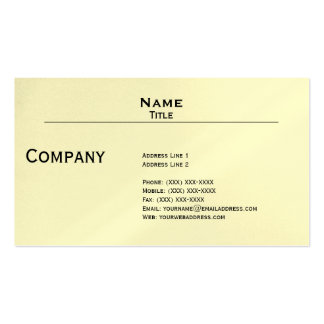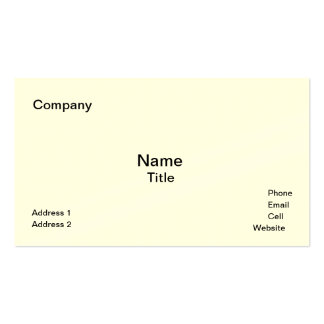Despite the best of intentions to make estimated taxes on time, deposit payroll taxes, and keep up with all required tax payments, it’s all too easy to fall behind in tax payments when experiencing cash flow problems. The sooner you address the problem, the quicker you can get current, minimize interest and penalties, and re-establish your tax footing. Here are some options.
Prioritize tax debts
If you owe back income taxes and payroll taxes, it’s probably wise to address payroll taxes first. Unpaid trust fund taxes, which are those withheld from employees’ wages, can result in a 100% penalty (called a Trust Fund Recovery Penalty assessment) against you or other owners and “responsible persons.” This personal penalty applies even though your business is incorporated or a limited liability company (LLC) that otherwise provides personal liability protection.Request an in-business trust fund express installment agreement (IBTF-Express IA)
This is an installment plan to spread payments over a set number of months. Typically, the amount of financial information needed to qualify is not that extensive.To qualify for an IBTF-Express IA, all of the following conditions must be met:
- The tax debt is $25,000 or less at the time the agreement is established.
- The debt must be paid in full within 24-months or prior to the collection statute expiration date, whichever is earlier.
- A direct debit installment agreement must be used if the amount owed is between $10,000 and $25,000.
- All required returns must be filed and your business must be up to date with all payroll tax deposits for the current quarter.
If the debt is more than $25,000, you can qualify for an IBTF-Express IA by paying down what’s owed so you fall under the threshold. If you can’t do this, the IRS may still consent to a payment plan, but it’s not automatic. You’ll have to provide more financial information on IRS Form 433-B, Collection of Information Statement for Businesses (self-employed individuals use Form 433-B, Collection Information Statement for Individuals).
To inquire about setting up an IBTF-Express IA, call the telephone number on the IRS bill for delinquent taxes or 800-929-4933. Find more details about preparing required financial statements in IRS Publication 5059.








No comments:
Post a Comment